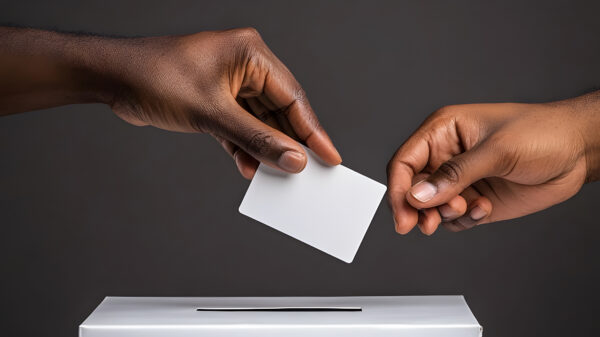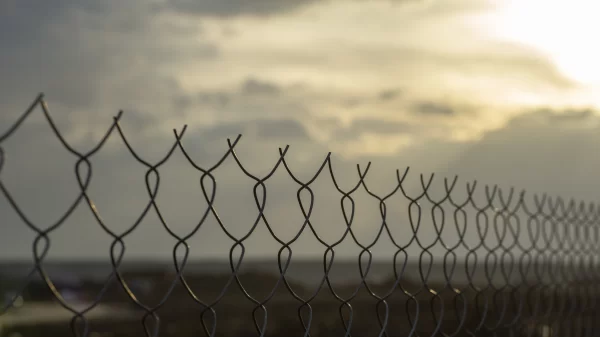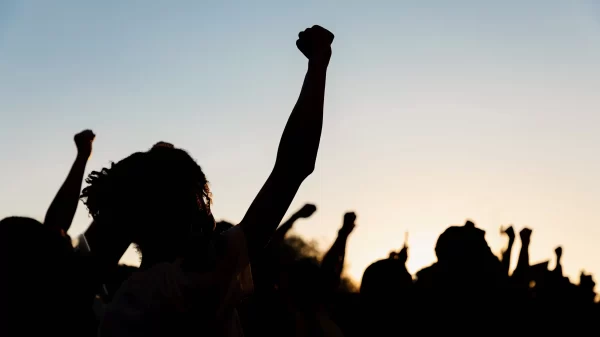Staff Report
MONTGOMERY, Ala. – The United States District Court for the Southern District of Alabama ruled late Tuesday afternoon that the Federal requirement that health insurance plans provide contraceptive coverage does not violate the religious free exercise rights of Mobile-based Eternal World Television Network (EWTN)—the largest religious media network in the world.
“Religious freedom is a fundamental right provided by the Constitution, but making employees ineligible to receive contraceptives even when a third-party would absorb that portion of the coverage is discrimination,” said Susan Watson, executive director of the ACLU of Alabama.
The law provides that non-profit entities which object to providing contraception based on religious beliefs can sign a waiver allowing a third-party to absorb the responsibility for that part of the plan. By doing so, EWTN would no longer be the one providing the contraception. EWTN argued, however, that the action of signing the waiver itself violated EWTN’s religious exercise rights and its right to be free from compelled speech. The Court rejected all of EWTN’s arguments.
The ACLU and the ACLU of Alabama filed an amicus brief in February contesting EWTN’s claims and arguing that the federal requirement did not burden EWTN’s religious freedom rights. The ACLU’s brief argued that the federal contraception rule does not substantially burden EWTN’s religious exercise. It also argued that exempting EWTN from the rule would permit EWTN to discriminate against its women employees by denying them this important benefit.
“It should be up to the employee to decide whether or not they want to use their contraception benefits,” said Susan Watson. “The bottom line is that the court’s ruling ensures that every employee has the right to equal access of care, regardless of the employer’s religious belief.”
EWTN filed a notice of appeal to the Eleventh Circuit Court of Appeals on Wednesday.
The ACLU has filed more than 50 amicus briefs in both for-profit and non-profit cases, including one presently before the U.S. Supreme Court brought by Hobby Lobby Stores and Conestoga Wood Specialties Corp.





















































